People Who Lose Interest In Pleasing Anyone As They Get Older Usually Have These 11 Reasons
Eventually, they start to understand that they are the only people they have to please.
 Monkey Business Images / Shutterstock
Monkey Business Images / Shutterstock As a former people pleaser, I completely understand what it's like to do my best to make sure everyone around me is okay, while completely ignoring my own needs. I would go above and beyond for the people I cared about, but forego things that were vital to my overall well-being because, in my mind, I would get to them when I could.
People who go around trying to please everyone carry a huge burden that can be exhausting over time. The load can become too heavy to shoulder, and when you couple that with ignoring self-care and not taking time to understand who you are and how to be your best self, it is a recipe for disaster. Fortunately, if you're anything like me, you gradually woke up as you got older and realized that you don't have to please other people to be loved and accepted. To get to that balanced, healthy mindset, you have to have specific reasons. This shift in understanding will change your life for the better.
People who lose interest in pleasing anyone as they get older usually have these 11 reasons
1. They develop better self-awareness
 Digitalskillet via Canva
Digitalskillet via Canva
As we get older, our sense of self increases. We learn who we are and what matters to us. We reflect deeply on our identity, desires, and belief systems. This is our way of looking for fulfillment in life and understanding what drains us. External validation becomes much less important than our internal happiness and satisfaction with life.
This greater self-awareness helps to differentiate between what we truly want for ourselves and things that we are doing to make others feel good. We start to recognize relationships where there is a lack of reciprocation and start matching energy. The scales balance, and we are suddenly no longer pouring into others while getting nothing in return.
2. Their confidence increases
 Aris Leoven from corelens via Canva
Aris Leoven from corelens via Canva
With self-awareness comes more confidence. Where you struggled to understand what made you tick as a youngster, getting older means that you have gradually figured out the keys to your happiness. Experience builds confidence, so it's no wonder older people feel more secure in their choices and rely less on the approval of others.
Years of figuring things out, reaching goals, failing forward, and bouncing back from disaster help build resilience and self-assurance. You learn to handle rejection, conflict, and disapproval and let them roll off your back. You now know that it's impossible to please everybody, so your focus shifts inward, and you do the things that make you proud of yourself.
3. Time becomes more precious to them
 Nataliya Vaitkevich from Pexels via Canva
Nataliya Vaitkevich from Pexels via Canva
The older I get, the more I become aware of how much time I have left on this planet. I am more selective of how I use my time and energy, so I prioritize the things that are important to me. I am more concerned with meaningful connections, self-care, and being a good person than going out of my way to please other people.
As the dates on the calendar pass, we realize that time is finite. There is a definite limit on how much you have, so you should use it very wisely. Save your emotional energy for yourself and people who reciprocate it. Over-investing in others is a waste of your resources. Instead, give to people, things, and experiences that offer a return on your investment.
4. Their tolerance for drama decreases
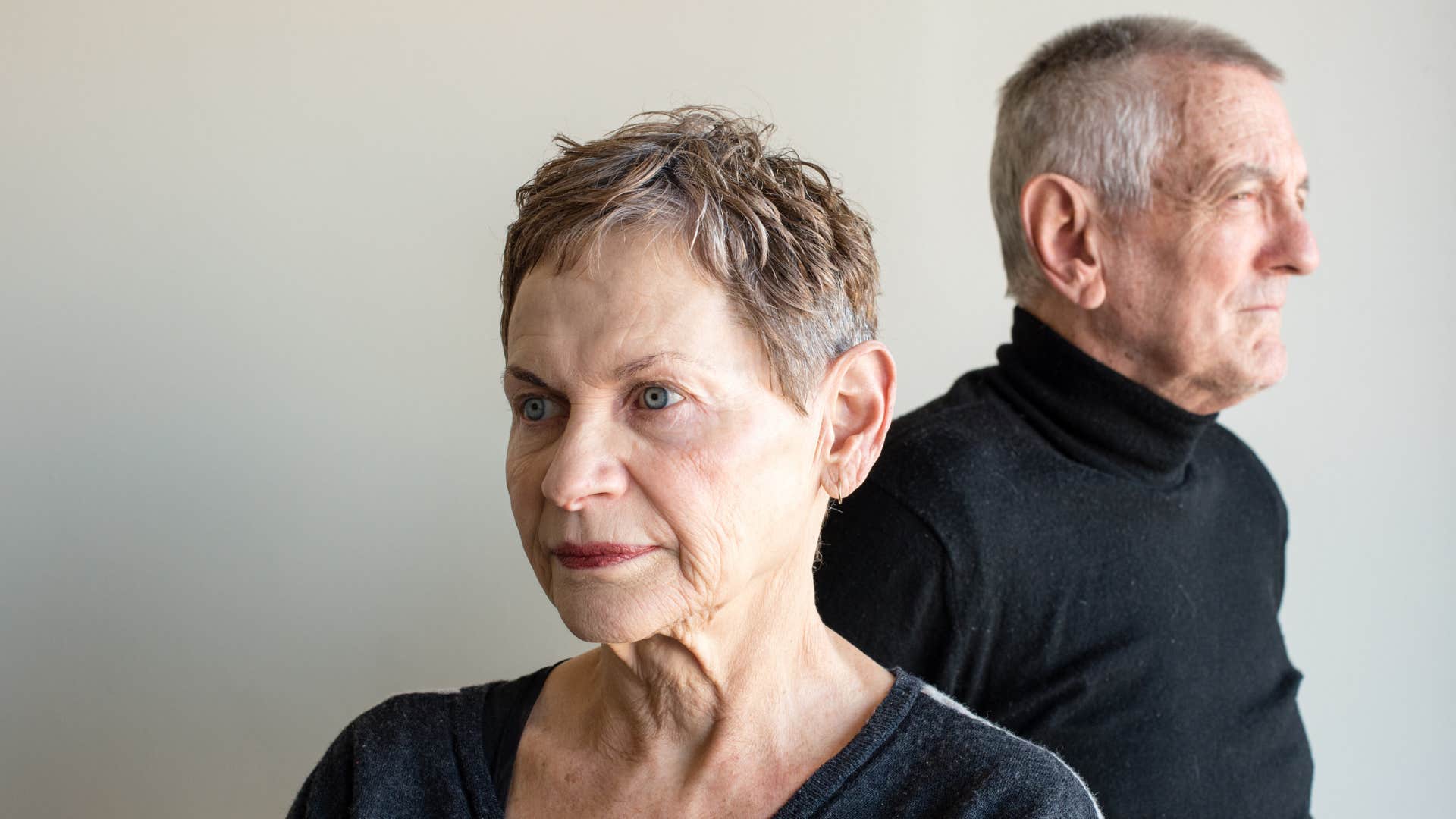 natalie_board from Getty Images via Canva
natalie_board from Getty Images via Canva
In our early days, we loved to see a good train wreck, even if we got caught up in it. Even if it didn't involve us, we wanted to hear all about it. But growth means growing tired of unnecessary emotional labor, manipulative dynamics, and setting clear boundaries. You no longer need to be entertained by drama and find solace in the quiet of a peaceful life.
After a certain point, it dawns on you that you have run out of patience for superficial interactions, unnecessary conflict, and people who always have some upheaval going on in their lives. You walk away from anything that disturbs your peace and no longer feel obligated to participate in activities that upset your nervous system and leave a bad taste in your mouth.
5. They become clear on their values and priorities
 Zmaster from Getty Images via Canva
Zmaster from Getty Images via Canva
As you grow, you start to get clarity on what your values are, the ones that are intrinsic and not a result of societal expectations. You conclude that your choices should align with your internal self instead of pleasing others. That's when you learn that the people who are meant to be part of your life support those values and have no desire to make you compromise them.
Mature people know what they stand for and won't allow anyone to overstep their boundaries. This clear vision makes it easier to say no to things they are against or accommodate others' feelings and expectations at their own expense. They prioritize their well-being, and their decisions become value-driven rather than approval-based.
6. They've learned from experience
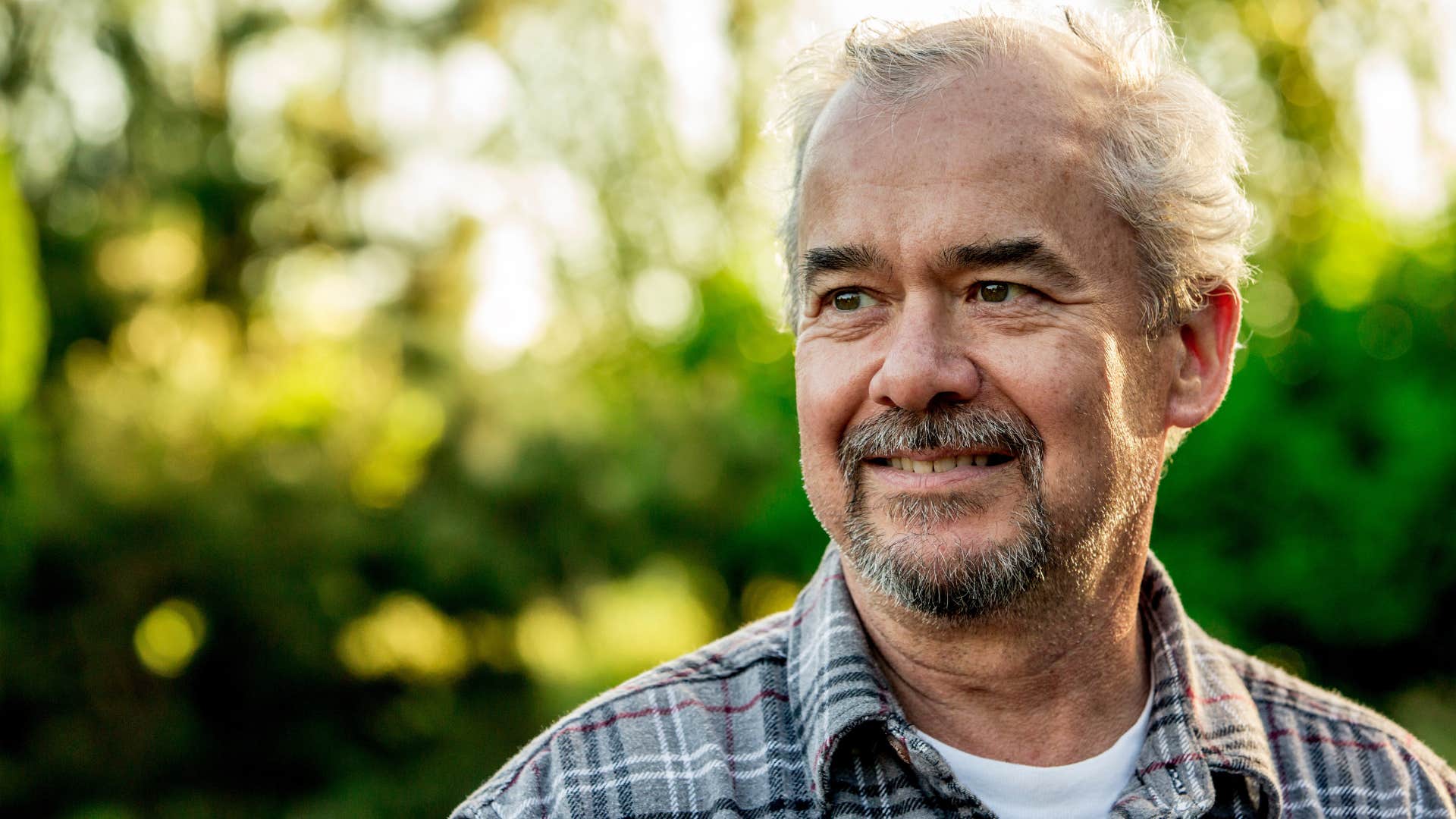 JTSorrell from Getty Images Signature via Canva
JTSorrell from Getty Images Signature via Canva
Like me, many people who used to please people came to understand the downside. It was a thankless job where people took you for granted and started to believe you owed them something. It resulted in burnout and resentment for us and eventually led us to disrupt the pattern, much to the dismay of those who had taken advantage.
People pleasing often leads to regret because you feel used and unfulfilled. We expect other people to be as helpful and giving as we are, and that almost always ends in disappointment. Whether it is taking on too much, remaining in unhealthy relationships, or living life by someone else's rules, we collectively decided those days are done and never looked back.
7. They started to desire more authentic relationships
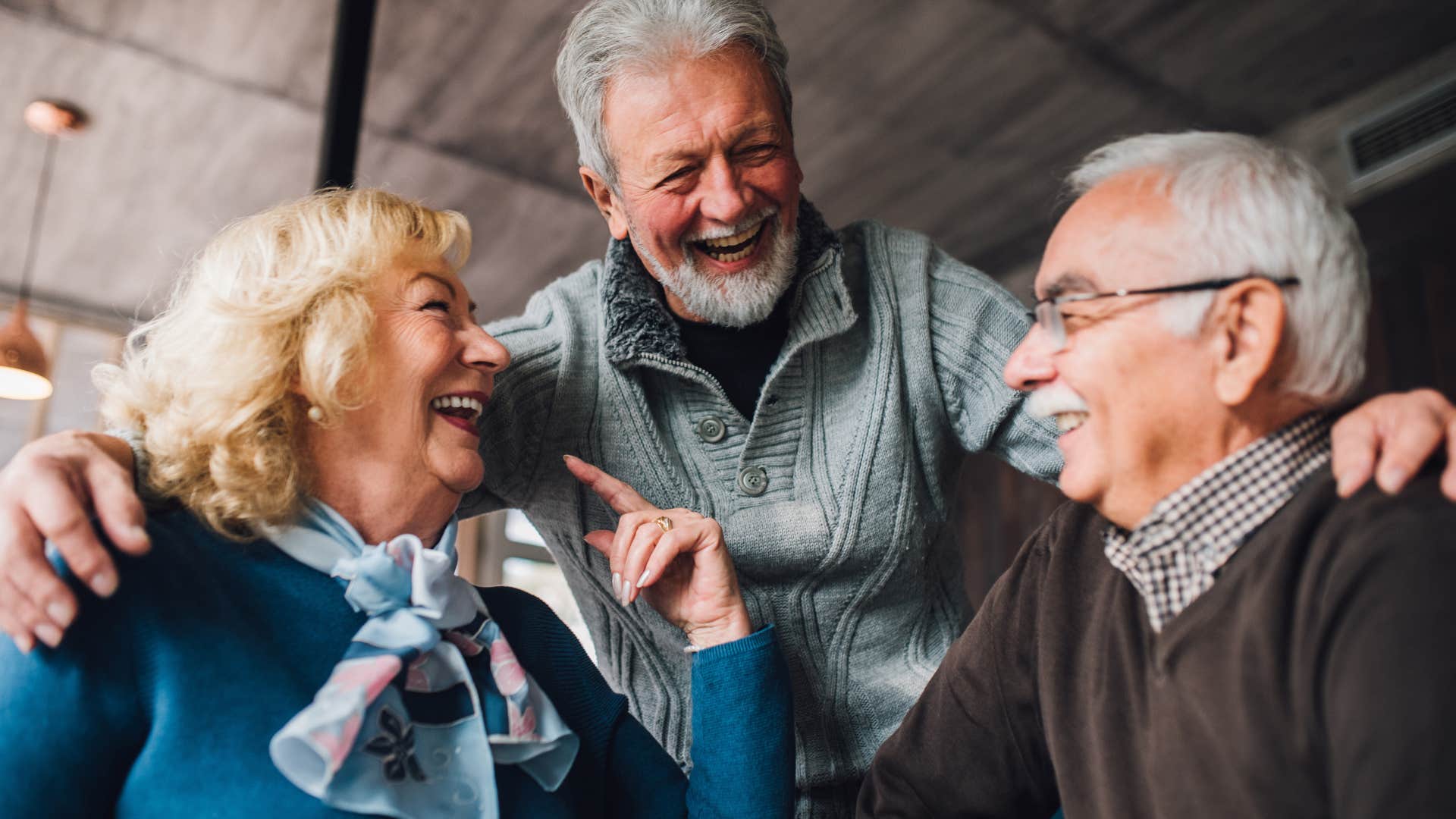 RgStudio from Getty Images Signature via Canva
RgStudio from Getty Images Signature via Canva
Have you ever looked at someone, I mean really analyzed them, and decided that they just don't do it for you anymore? You were previously settling for surface-level connections and allowed them to remain in your life past their expiration date. Now you want genuine connections with authentic people.
Shallow interactions are no longer appealing, and you stay away from appeasing others and engaging in conflict. Adulting means that you've started to seek depth, honesty, and reciprocity from everyone you encounter. You start to focus on quality over quantity and forego one-sided connections because they no longer serve you.
8. They learn how to regulate their emotions
 andreswd from Getty Images Signature via Canva
andreswd from Getty Images Signature via Canva
Who hasn't crashed out in their early days? Your emotional regulation was at zero, and you reacted without thinking about your actions or the related consequences. Disappointment or rejection sent you spiraling, and you did things that might make you cringe today. Older adults become more skilled at managing emotions through trial and error.
Emotional maturity helps to manage discomfort, criticism, and rejection without letting it take you to a negative place. You don't need to earn anyone's approval but your own, and when people don't like you, you remain emotionally stable. Staying grounded when others do their best to hurt or upset you is a clear sign that you are finished people pleasing.
9. They become aware of their mortality
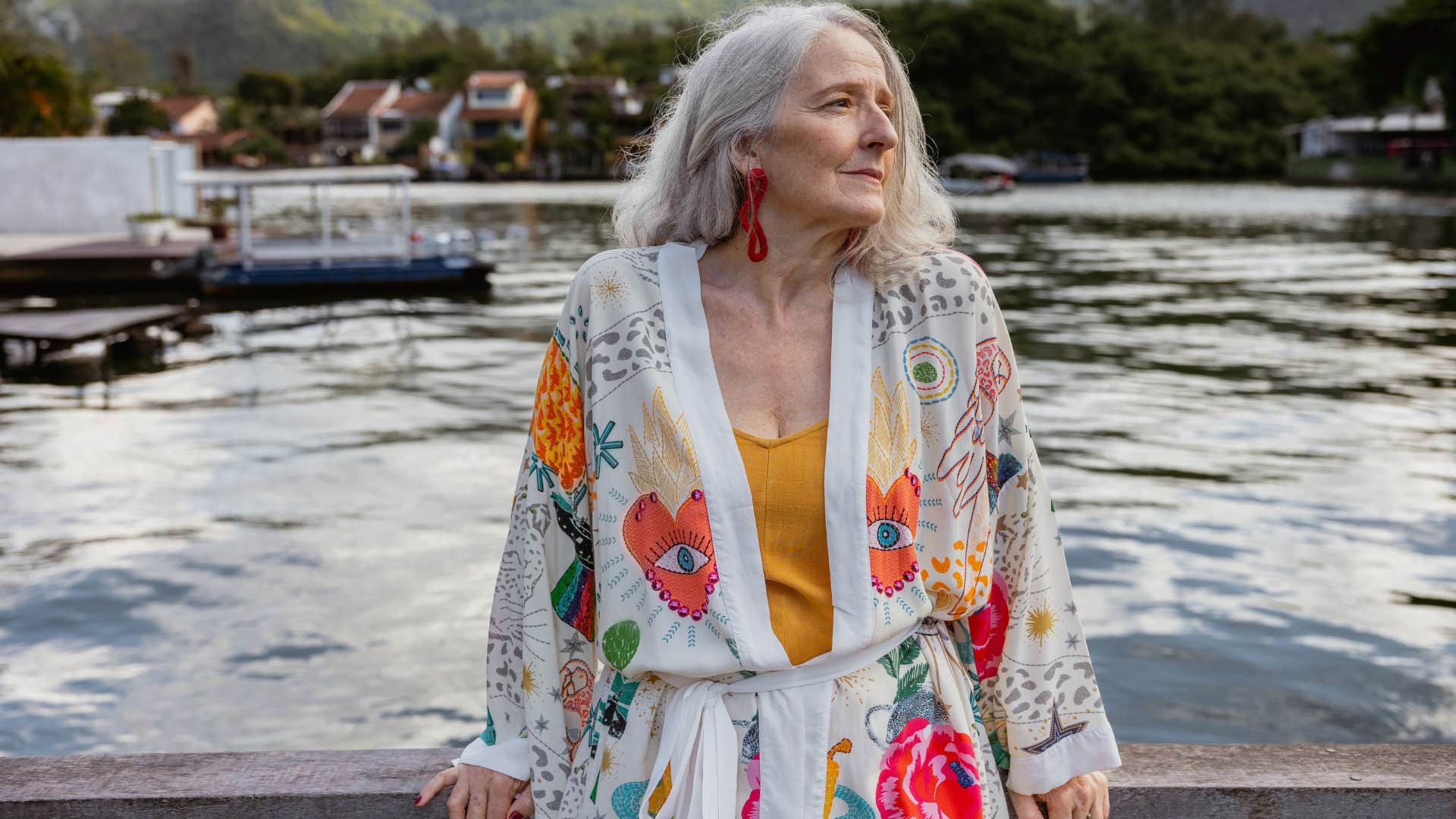 Joana Baumg from Studio Brazil via Canva
Joana Baumg from Studio Brazil via Canva
I've got bad news. None of us will live forever. We are not immortal, and we cannot predict the exact date and time that this existence will end. This recognition is the catalyst that prompts people pleasers to change their ways. They become inspired to live for themselves and not the expectations of others.
When we age, the impermanence of life becomes crystal clear. We lose loved ones and realize that our time might have been better spent on moments we will never get back. Pleasing others for the sake of harmony and popularity starts to seem like a poor use of the time we have been given. We start to treasure it and no longer squander it.
10. Their role in society has shifted
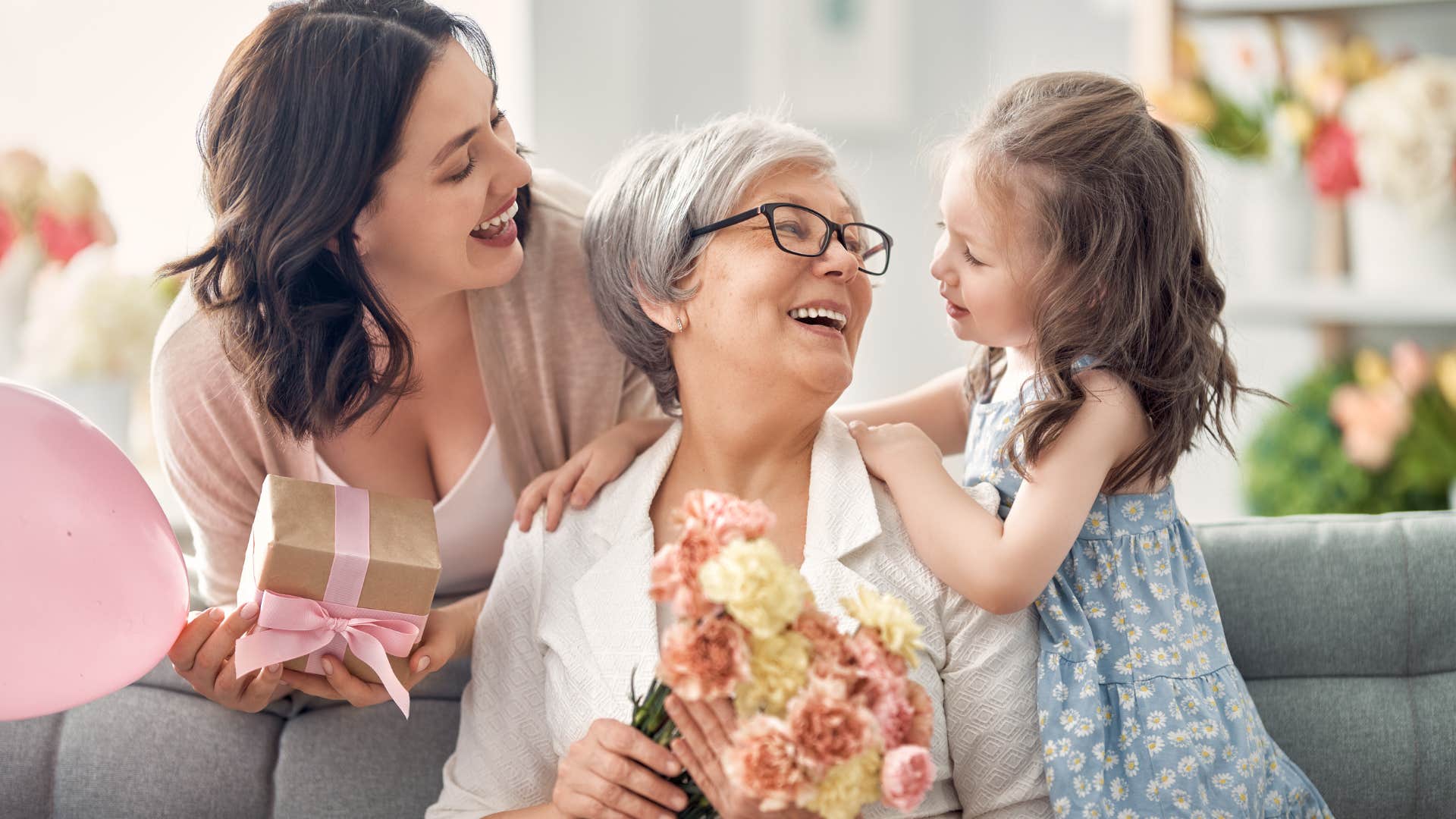 Yuganov Konstantin via Canva
Yuganov Konstantin via Canva
Becoming a parent, changing roles at work, or retiring can bring a new perspective and change how much weight we put on external positions. Where you may have felt you had to please people to excel in your career, no longer having that obligation takes the pressure off. It allows you to shift your focus to the things that truly matter to you.
Becoming a mentor, grandparent, or caregiver as you age will make you perceive the world through a different set of eyes. You become more assertive and self-directed and set examples on how not to make the same mistakes you did. You strip away the social expectations that had you in a chokehold before and are no longer tied to performance standards.
11. They free themselves from social conditioning
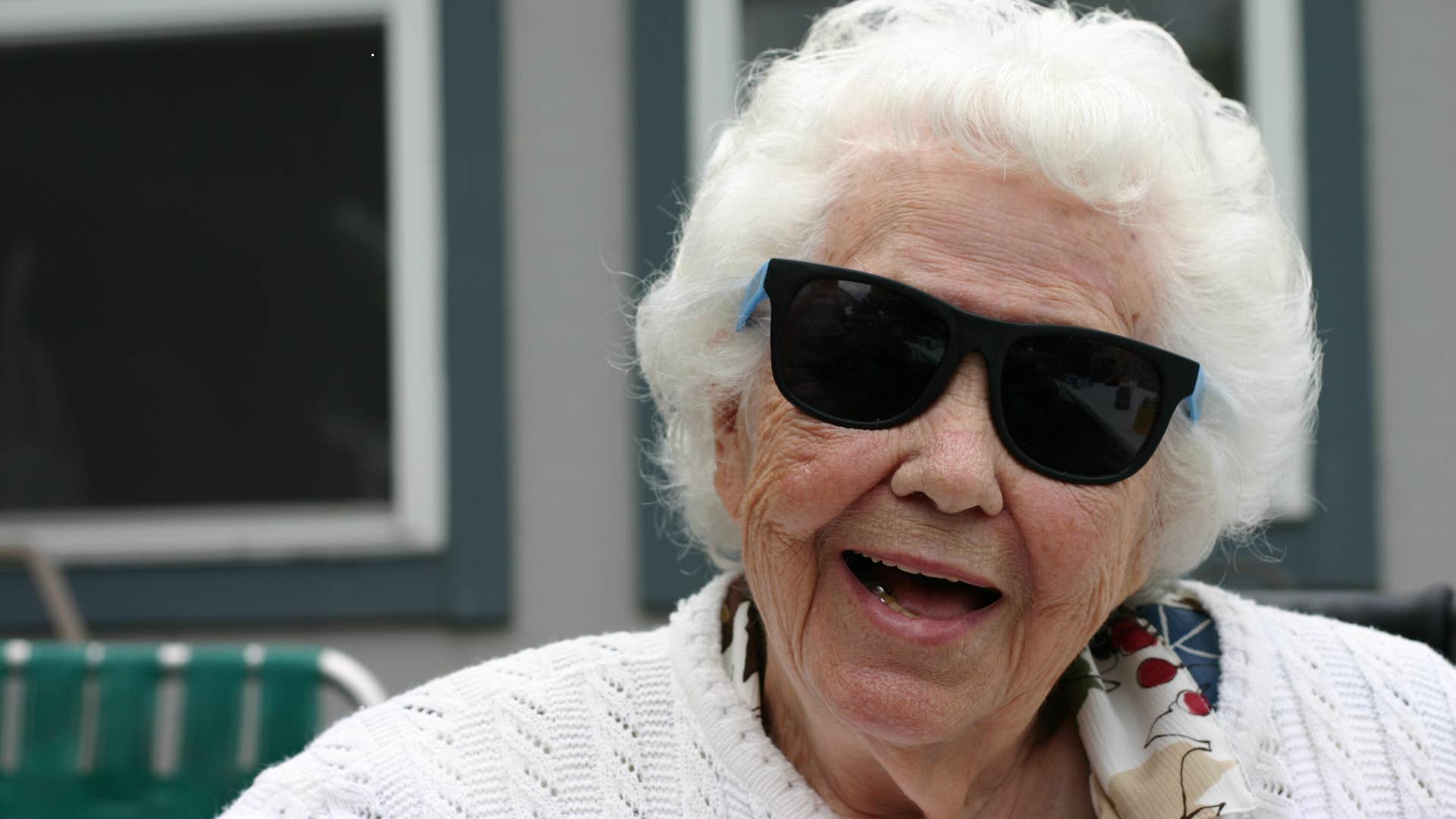 JasonRWarren from Getty Images Signature via Canva
JasonRWarren from Getty Images Signature via Canva
The most entertaining thing is an elderly person who simply does not care anymore. They are no longer susceptible to societal or cultural pressures and a free to do and say exactly what they want. Conformity and pleasing others go out the window, and they do what makes them happy and fulfilled. They have put in the work and a determined to finish life on their own terms.
Society teaches us to seek approval and conform to expectations, but people who have overcome that toxic conditioning unlearn it over time. We stop living our lives based on other people's scripts and write our own stories. If you can let go of people pleasing, you will reclaim your autonomy and discover a life full of freedom and exploration.
NyRee Ausler is a writer from Seattle, Washington, and the author of seven books. She focuses on lifestyle and human interest stories that deliver informative and actionable guidance on interpersonal relationships, enlightenment, and self-discovery.

